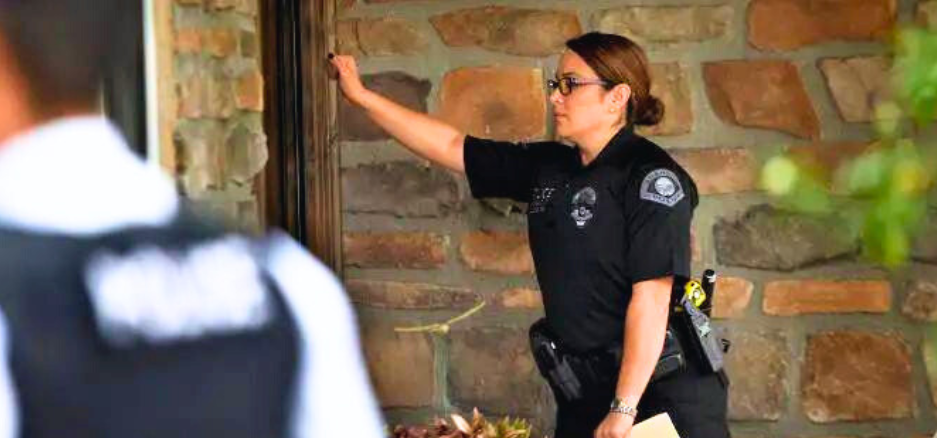
If you’re like most people, you probably think that the police need a warrant to search your house. After all, the Fourth Amendment of the U.S. Constitution protects citizens from unreasonable searches and seizures by the government.
However, there are actually a number of exceptions to this rule. For example, if the police have probable cause to believe that there is evidence of a crime inside your home, they may be able to search it without a warrant. Additionally, if you give the police permission to search your home, they may not need a warrant.
Of course, whether or not the police have a warrant, they can always arrest you if they have probable cause to believe that you have committed a crime. So, if the police show up at your door and say they want to search your house, it’s important to know your rights.
When can the police search your house without a warrant?
Broadly speaking, the police can search your house without a warrant if they have:
-Probable cause to believe that there is evidence of a crime inside your home
-Your consent to search your premises
-An arrest warrant for someone inside your home
If the police do not have one of these three things, they generally need the warrant to search your house. Of course, there are always exceptions to the rule. For example, if the police are in “hot pursuit” of a suspect, they may enter your home without a warrant. Additionally, if the police believe that you are in imminent danger, they may enter your home without a warrant to ensure your safety.
Should I hire a lawyer if my house was searched without a warrant?
If your house was searched without a warrant, you may want to hire a lawyer. S&B Legal can help you determine whether or not the police had a warrant to search your home. We can also help you understand your rights and options if the police did not have a warrant.
What should you do if the police ask to search your home?
If the police show up at your door and ask to search your home, it’s important to know your rights. You have the right to remain silent, and you have the right to an attorney. If the police do not have a warrant, you can politely decline their request to search your home.
However, if the police have a warrant, you must allow them to search your premises. If you have any questions about whether or not the police can search your home, S&B Legal can help. Our experienced team of lawyers will answer all of your questions and help you understand your rights.

Contact S&B Legal Today!
If you have any questions about your legal rights, S&B Legal can help. Our experienced team of lawyers will answer all of your questions and help you understand your rights. S&B Legal is a law firm that specializes in helping people who have been the victim of police misconduct. We also help people who have been charged with a crime. We offer a free consultation to all new clients.


